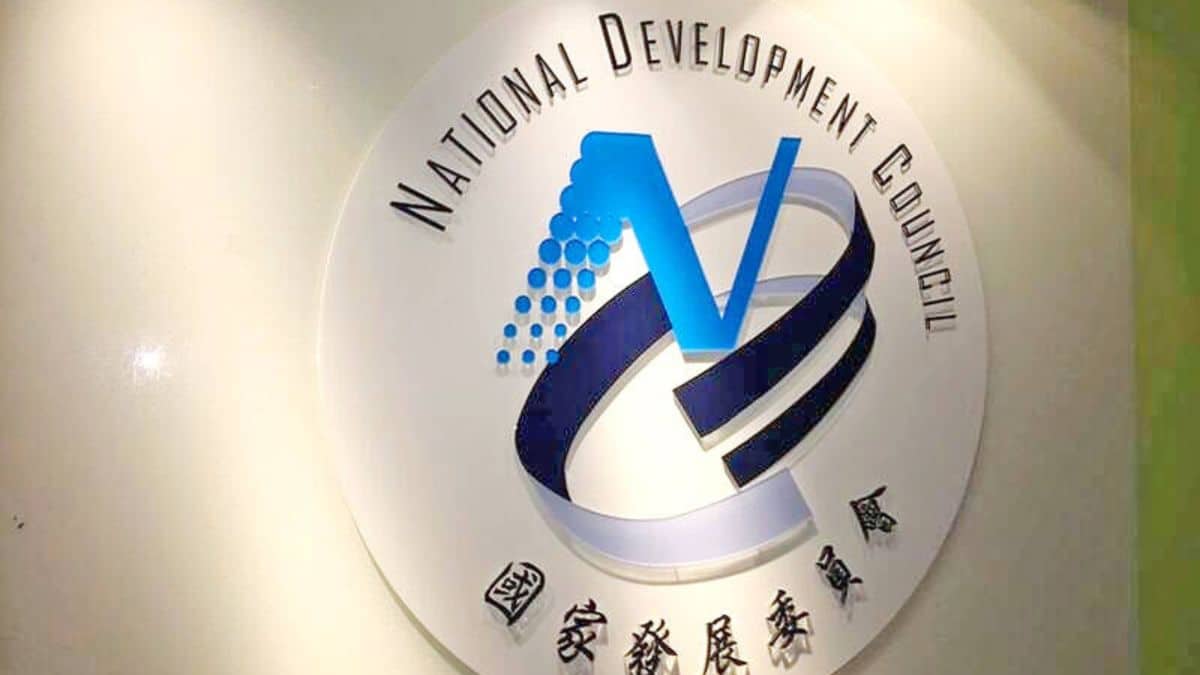Taiwan’s economy has showcased exceptional performance, surpassing major regional rivals from 2019 to 2022. The National Development Council (NDC) attributes this success to government policies aimed at attracting capital repatriation, enhancing infrastructure, supporting strategic sectors, and facilitating industrial upgrades.
Despite criticisms from the campaign office of the Chinese Nationalist Party (KMT) presidential candidate, the NDC points out that Taiwan led the Asian Tigers, including Hong Kong, Singapore, South Korea, and itself, in terms of GDP growth during this period.
The TAIEX, Taiwan’s stock market index, outperformed the Hong Kong bourse, experiencing significant capital inflows in contrast to Hong Kong’s outflows. Taiwan achieved the status of the world’s 21st-largest economy in 2022, with an annual per capita income exceeding US$30,000. The government’s Invest Taiwan program, designed to encourage local firms based in China to relocate manufacturing facilities to Taiwan amid US-China trade disputes, received praise for its positive impact on the economy.
The government’s support extended to the five plus two industries, including the development of an Asian Silicon Valley, advancements in biomedical technology, green energy, robotics, defence and aviation, innovative agriculture, and a circular economy. Additionally, substantial investments in infrastructure projects aimed at narrowing development gaps across different regions of Taiwan contributed to the nation’s economic success.
Despite challenges posed by the COVID-19 pandemic, Taiwan’s manufacturing sector maintained normal operations, ensuring a steady supply of smartphones, tablets, wearables, TVs, and cars to global markets. Over the past eight years, Taiwan’s GDP growth averaged an impressive 3.1 per cent, outperforming regional counterparts such as Singapore, South Korea, and Hong Kong.
While the income gaps between households have widened due to smaller family sizes and a rapidly ageing population, Taiwan’s Gini coefficient, a measure of income inequality, remained relatively mild compared to South Korea, Singapore, and China.
The NDC emphasizes the overall strength and resilience of Taiwan’s economy, highlighting sustained foreign investments and positive indicators that position the country as a key player in the global economic landscape. Taiwan thus poses a promising economy next quarter.

